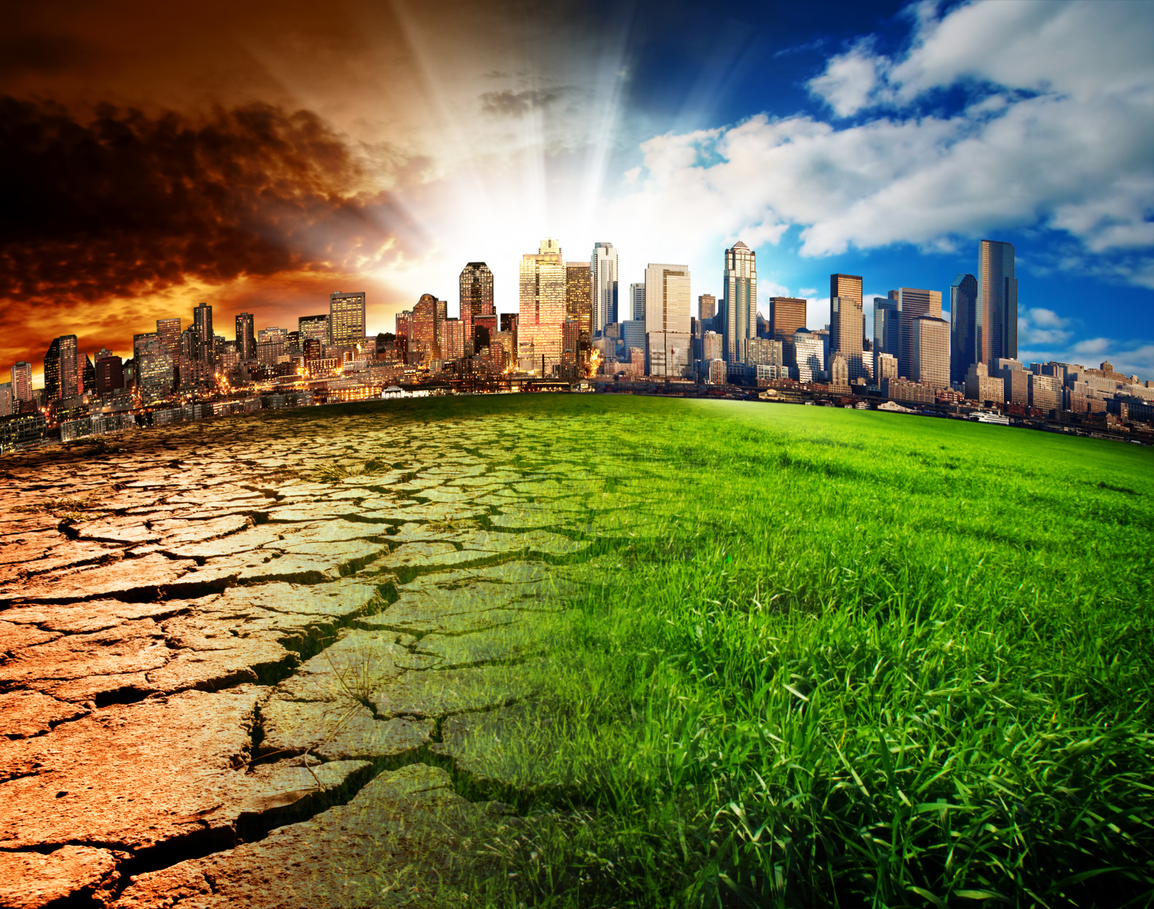
By Andleeb Khan
ISLAMABAD, May 19 (APP):: Education is widely acknowledged as a crucial weapon in combating climate change and to empower the next generations to tackle environmental challenges head-on. However, the irony of fate is that this narrative faces a harsh reality: the education sector itself is increasingly compromised by the impacts of climate change. This is particularly true in nations like Pakistan, where environmental challenges intersect with educational imperatives, creating a complex and pressing dilemma.
Extreme weather events in Pakistan disrupt school schedules, leading to closures and hindering students’ learning. For instance, dense fog during winter and scorching heat in summer affect the entire educational system. The recent adjustment of school schedules by the education ministry in the federal capital serves as a testament to the unpredictable climate patterns the school children face.
Last year, cities like Lahore, Islamabad, and Rawalpindi experienced school closures due to dense fog, impacting educational continuity. Moreover, smog-related shutdowns occurred in Punjab, contributing to respiratory issues and eye infections among students, particularly those from low-income backgrounds. Rising temperatures also pose health risks, with students vulnerable to heat-related illnesses and dehydration.
In a statement to APP, Muhammad Saleem, Media Spokesperson for the Ministry of Climate Change and Environmental Coordination, highlighted the escalating intensity and frequency of heatwaves in Pakistan’s plains. Recent weather records underscore the severity of this trend, with Pakistan experiencing some of the world’s highest temperatures in recent years.
The IPCC’s 2021 findings projected Pakistan to endure more frequent and intense heatwaves. For instance, Jacobabad recorded temperatures exceeding 50°C in June 2021 and May 2022. Such extreme heat poses significant health risks, including heatstroke and dehydration.
Saleem emphasized a collaborative approach involving federal, provincial, and district-level departments to mitigate heatwave impacts. Measures include issuing early warnings, developing SOPs, and establishing cooling centers equipped with water and ventilation systems. Additionally, initiatives such as heat-health awareness campaigns, tree plantations, and promoting reflective materials aim to mitigate heat stress.
Saleem stressed the importance of public awareness, especially in educational institutions and through media channels, to minimize heatwave-related risks effectively.
He also underscored Prime Minister Shehbaz Sharif’s dedication to enhancing Pakistan’s environmental sustainability across various sectors.
The prime minister, he said, has instructed his team to exhaust all avenues in addressing environmental degradation and strengthening the nation’s ability to withstand the detrimental effects of climate issues. Saleem also highlighted his ministry’s efforts to bolster climate resilience, aiming to mitigate the impacts of floods and heatwaves, safeguarding lives and infrastructure across the country.
Nasreen Shah, a senior educationist at a government institution talking to this scribe, highlighted the impact of climate change on children’s education. She said that the extreme weather conditions can disrupt schooling by making students uncomfortable and unable to focus, especially on hot days when inadequate clothing and crowded classrooms contribute to discomfort and difficulty breathing.
Additionally, crowded buses during hot summers increase the risk of heat-related illnesses among children. Nasreen emphasized the importance of ensuring school safety and continuous learning regardless of weather conditions, suggesting the need for strategies to prioritize students’ health and well-being above all else.
Dr. Gulam Fareed, a family physician, highlighted symptoms of heat-related illnesses such as high body temperature, rapid pulse, headache, and dizziness. He advised immediate action if a child experiences these symptoms, recommending moving them indoors or to a shaded area and applying cool water or wet towels to the skin. If symptoms worsen, seeking medical help is crucial.
Bushra Iqbal Hussain, founder of Mahfooz Bachpan, an online campaign dedicated to public awareness on protecting children’s rights, talking to this scribe on a query of how uncertain weather patterns were impacting children’s health?, underlining its profound impact on children’s health cited the devastating floods in Pakistan.
In 2022. She mentioned, over 33 million people were affected, with more than 26,000 schools damaged or destroyed, disrupting education for 3 million children. The floods also led to a surge in waterborne diseases like malaria, with significant increases in confirmed cases across provinces. Damage to health facilities further intensifying the crisis, affecting around 650,000 pregnant women and young girls, she shared the data available with her.
She regretted that school closures during disasters resulted in enrollment drops and reduced overall learning levels.
Bushra articulates a compelling message urging the protection of children from the adverse impacts of climate change. Her impassioned plea calls for concerted efforts to safeguard children, ensuring their resilience and readiness to confront the growing threats posed by climate change.